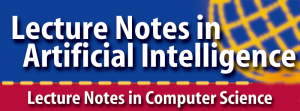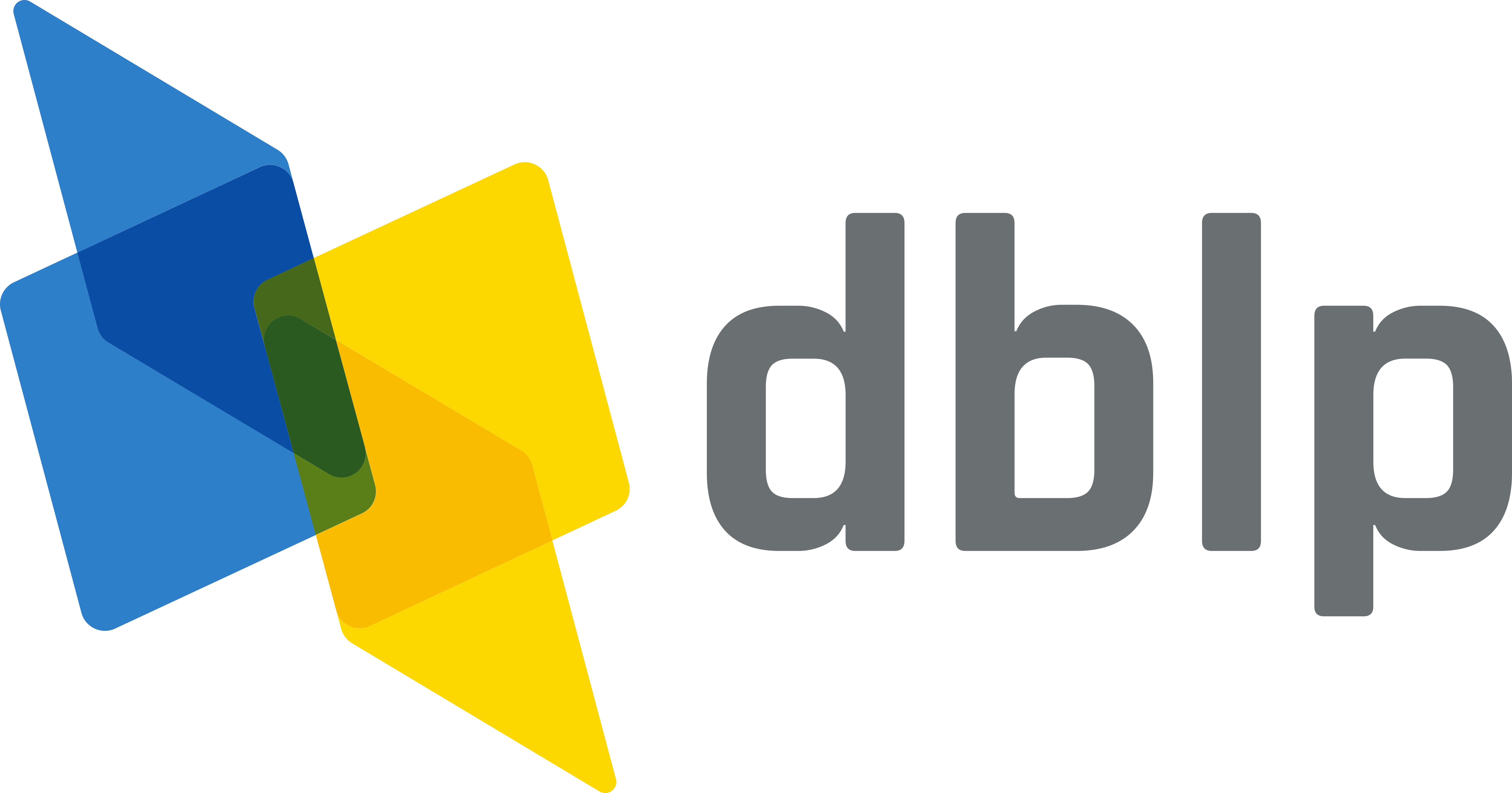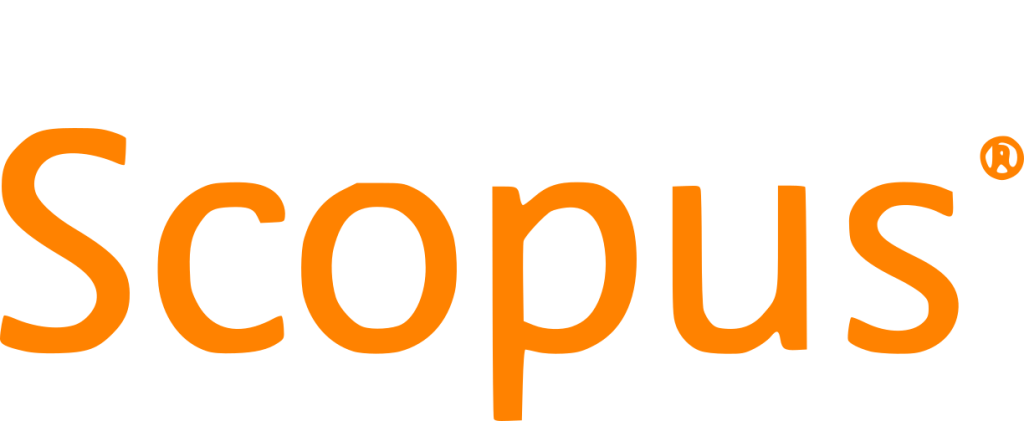The EPIA 2025 international conference
Artificial Intelligence – Theory, Methods, and Applications (AITMA)
Thematic track of the 24th Portuguese Conference on Artificial Intelligence (EPIA 2025)
October 1-3, 2025, Faro, Portugal.
Webpage: https://epia2025.ualg.pt/
Nearest deadline
|
Notification of paper acceptance: |
July 4, 2025 |
Important dates
|
Camera-ready papers deadline: |
July 14, 2025 (AoE) |
|
|
Early registration deadline: |
July 18, 2025 (AoE) |
|
|
Late registration deadline: |
August 14, 2025 (AoE) |
|
|
Conference: |
October 1-3, 2025 |
Proceedings and presentation
- Accept papers will be included in the conference proceedings as long as at least one author is registered in EPIA 2025 by the deadline of early bird registration.
- EPIA 2025 proceedings are indexed in Thomson Reuters ISI Web of Science, Scopus, DBLP and Google Scholar.
Introduction
Traditionally in EPIA there is a thematic track that intends to cover general methodologies and architectures for intelligent systems and research that does not clearly fall under other specific thematic tracks. This track has now the title Artificial Intelligence – Theory, Methods, and Application (AITMA). In AITMA we will encourage researchers to present work in interdisciplinary areas and in breaking domains of AI. All available paths integrating AI are welcome, including theoretical and experimental computer science, cognitive science, neuroscience, and innovative interdisciplinary methodologies. Relevant to this track are also papers on issues that arise in the design and construction of complex artificial intelligent agents, including but not limited to human-level intelligent agents, integrating varying component technologies.
Topics of interest
The topics of interest include, but are not limited to:
- Brain Sciences
- Case-by-case Problem-Solving
- Cognitive Architectures
- Coherence of Integrative/Hybrid Systems
- Connecting Sensorimotor and Concept-level Cognition Context
- Evaluation and Comparison of AI Projects
- Foundations and Theory of AI
- Human-Computer Interaction
- Intelligent Database Systems
- Intelligent User Interfaces
- Lifelong and Multi-Strategy Learning
- Logic Based Knowledge Representation
- Logic Programming
- Management of Complex Goal Structures
- Multimodal Communication
- Natural Language Processing
- Ontologies
- Philosophical Issues
- Program Analysis, Validation, Verification and Debugging
- Real-Time AI Systems
- Reasoning with Incomplete and Uncertain Information
- Semantic Web
- The Role of Embodiment in AI
- Virtual characters
Organizing committee
- José Valente de Oliveira, Universidade do Algarve, NOVA LINCS
- João Leite, Universidade Nova de Lisboa, NOVA LINCS
- João Rodrigues, Universidade do Algarve, NOVA LINCS
- João Dias, Universidade do Algarve, CISCA
- Pedro Cardoso, Universidade do Algarve, NOVA LINCS
Programme committee
- Agnès Braud, University of Strasbourg
- Alberto Bugarín-Diz, Universidade de Santiago de Compostela
- Alípio Jorge, FCUP, Universidade do Porto
- Amilcar Oliveira, Universidade Aberta
- Ana Azevedo, CEOS.PP, ISCAP, P.PORTO
- Ana Bazzan, Federal University of Rio Grande do Sul
- Andre de Carvalho, University of São Paulo
- António Abelha, Centro Algoritmi
- António Costa, CETINIA, University Rey Juan Carlos; LIACC, Faculty of Engineering, University of Porto
- António Pedro, Aguiar,University of Porto
- Arlindo Oliveira, INESC-ID / IST
- Bernardete Ribeiro, University of Coimbra
- Bruno Martins, IST and INESC-ID – Instituto Superior Técnico, University of Lisbon
- Carlos Ferreira LIAAD INESC Porto LA
- Carlos A. Iglesias, Universidad Politécnica de Madrid
- Daniel Castro Silva, FEUP-DEI / LIACC
- Daniel Urda
- Daniele Corradetti, Grupo Física Matematica (IST Lisboa) e Universidade do Algarve (UAlg)
- Davide Carneiro, CIICESI/ESTG, Polytechnic Institute of Porto
- Eduardo Camponogara, Federal University of Santa Catarina
- Enrico Pupi, Politecnico di Torino
- Eric De La Clergerie, INRIA
- Ernesto Costa, University of Coimbra
- Eugenio Oliveira, FEUP, University of Porto
- Fabrizio Messina, University of Catania
- Fátima Rodrigues, Institute of Engineering of Porto
- Francisco Couto, University of Lisbon, Faculty of Sciences
- Gaël Dias, Normandie University
- George Stalidis, International Hellenic University
- Giovanni Sartor, EUI/CIRSFID
- Goreti Marreiros, ISEP, Polytechnic of Porto
- Hilmi Berk Celikoglu, Technical University of Istanbul
- Holger Billhardt, Universidad Rey Juan Carlos
- Hoon Ko. Sunmoon University
- Inês Lynce, IST, University of Lisbon
- Isabel,Trancoso,INESC ID Lisboa / IST
- Jaume Jordán, Universitat Politècnica de València
- João Moura-Pires, Universidade NOVA de Lisboa
- Joao Paulo Carvalho, Instituto Superior Tecnico / INESC-ID
- Joel Ribeiro, INESC TEC
- Jose Luis Calvo-Rolle, University of A Coruña
- José Júlio Alferes, University NOVA of Lisbon
- Juan-Ignacio Latorre-Biel, Public University of Navarre
- Juan Pavón, Complutense University of Madrid
- Luís Correia, FCUL, University of Lisbon
- Luis Macedo, University of Coimbra
- Luis Paulo Reis, FEUP, University of Porto
- Luís Nunes, Instituto Universitário de Lisboa (ISCTE-IUL), Instituto de Telecomunicações (IT)
- Marin Lujak, University Rey Juan Carlos
- Mário J. Silva, INESC-ID, Instituto Superior Técnico, Universidade de Lisboa
- Matsatsinis Nikolaos, Technical University of Crete
- Muhammad Younas, Oxford Brookes University
- Murat Caner Testik, Hacettepe University
- Omar D. Castrillon, Universidad Nacional de Colombia
- Omid Fatahi Valilai, School of Business, Social & Decision Sciences, Constructor University Bremen
- Orlando Belo, Universidade do Minho
- Paulo Novais, University of Minho
- Paulo Pombinho, Universidade Aberta / LASIGE
- Paulo Quaresma, Universidade de Evora
- Pedro M. D’Orey, CISTER & University of Porto
- Petia Georgieva, University of Aveiro
- Sara Ferreira, Faculdade de Engenharia, Universidade Porto
- Sara Rodríguez, University of Salamanca
- Spyros Panagiotakis, Hellenic Mediterranean University
- Susana Nascimento, Department of Computer Science, Fac. Ciências e Tecnologia, Universidade Nova de Lisboa
- Tatsuo Nakajima, Waseda University
- Vicente Ferreira de Lucena Junior, Federal University of Amazonas
- Vicente Julian, Universitat Politècnica de València
- Virginia Dignum, Umeå University





